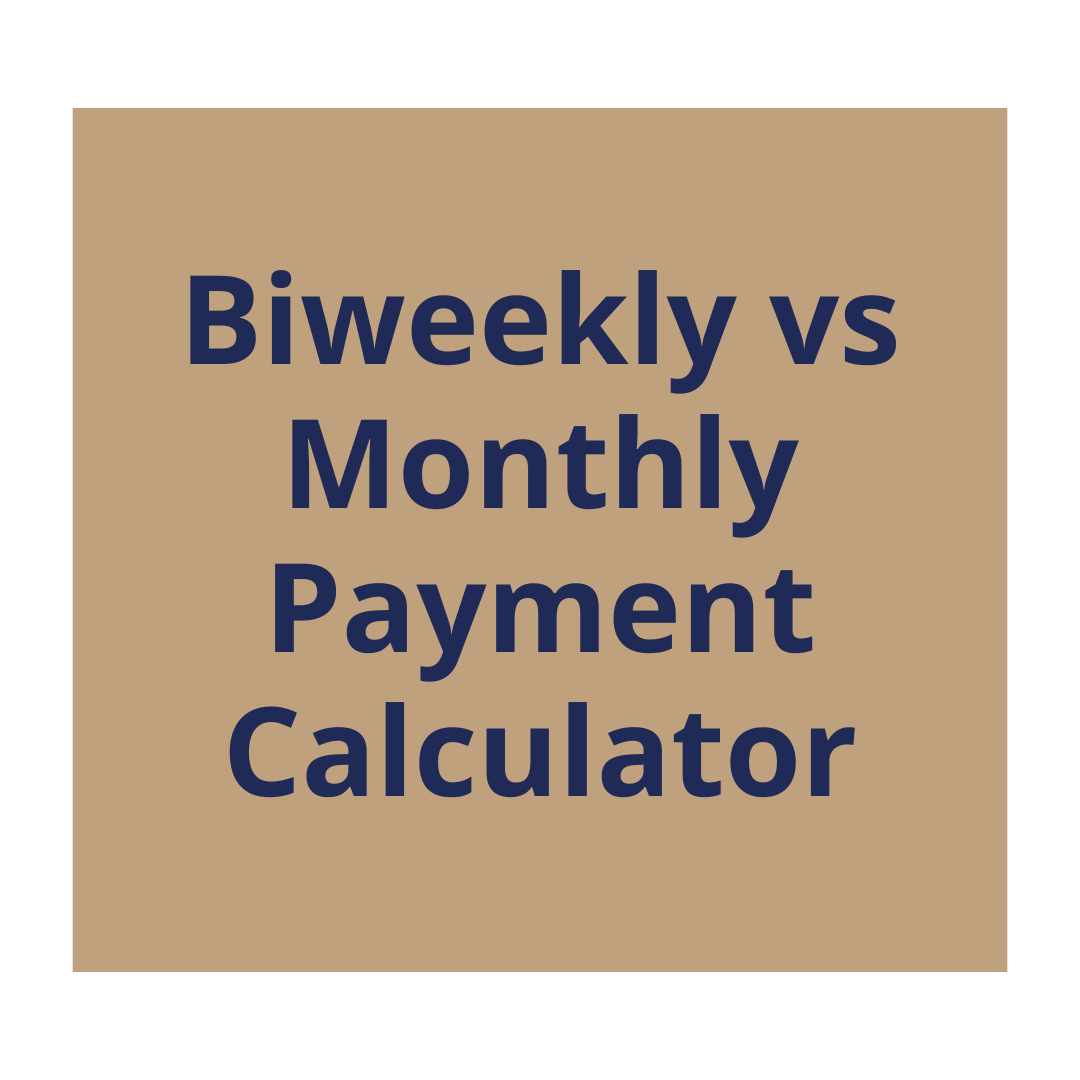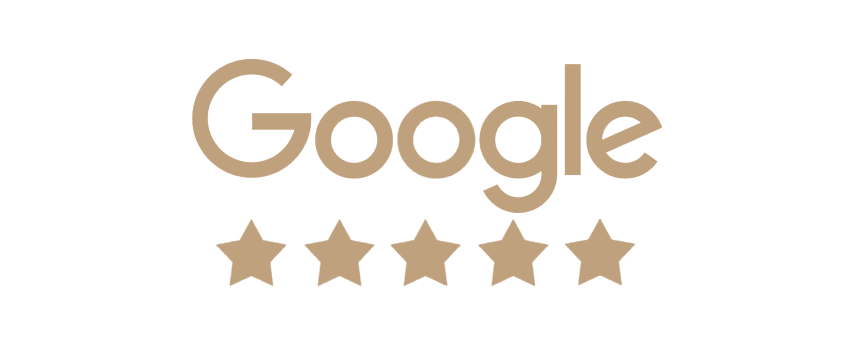
Variable Rate Mortgages
Explore The Potential Savings And Risks Of A Variable Rate Mortgage—Flexibility With A Side Of Unpredictability
David Pipe, Mortgage Broker
David provides clients with tailored advice on mortgages, life insurance and investments. He offers a holistic approach to mortgages, investing and wealth-building. David focuses on helping entrepreneurs, families and investors and is an active investor in real estate.
Let Me, David Pipe, Help You Choose The Best Mortgage Option For Your Financial Future
When choosing a mortgage, one of the most significant decisions you'll make is whether to go with a fixed-rate or variable-rate mortgage.
A variable-rate mortgage can offer lower interest costs and increased flexibility, making it an appealing option for many homebuyers and investors.
However, the risk lies in potential interest rate fluctuations.
This is where I, David Pipe, come in. I’ll guide you through the ins and outs of a variable-rate mortgage, helping you understand how it works and whether it aligns with your financial goals.
Let me help you make an informed, confident decision that works best for your unique situation.
What is a Variable Rate Mortgage?
A variable rate mortgage (VRM) is a type of home loan where the interest rate fluctuates based on changes in the lender’s prime rate, which is typically influenced by the Bank of Canada’s policy rate.
Unlike a fixed rate mortgage, where the interest rate remains constant for the term of the loan, a variable rate mortgage can increase or decrease over time.
There are two types of variable rate mortgages:
Adjustable-Rate Mortgage (ARM): Your monthly payments fluctuate as interest rates change.
Variable Rate Mortgage with Fixed Payments: Your monthly payments remain the same, but the portion that goes toward principal and interest adjusts as rates change.
Advantages of a Variable Rate Mortgage
1. Lower Initial Interest Rates
One of the biggest appeals of a variable rate mortgage is that the initial interest rate is typically lower than that of a fixed rate mortgage. This can lead to lower monthly payments in the early years of the loan, helping borrowers save money initially.
2. Potential for Interest Savings
If interest rates remain stable or decrease over the term of your mortgage, you could save thousands of dollars in interest payments compared to a fixed rate mortgage. Historically, variable rate mortgages have resulted in lower overall interest costs in Canada.
3. Flexibility
Variable rate mortgages often come with more flexible prepayment options, allowing borrowers to pay down their mortgage faster without hefty penalties. Additionally, many variable rate mortgages allow you to convert to a fixed rate mortgage at any time, giving you the option to lock in your rate if interest rates start rising.
4. Ideal for Short-Term Homeowners
If you don’t plan to stay in your home for the full length of a mortgage term, a variable rate mortgage may be a good choice. Since the penalty for breaking a variable rate mortgage is usually lower than for a fixed rate mortgage, it offers better financial flexibility for those who anticipate selling or refinancing in the near future.
Disadvantages of a Variable Rate Mortgage
1. Uncertainty and Rate Fluctuations
The biggest drawback of a variable rate mortgage is the uncertainty. Since your interest rate is tied to market conditions, you may see your rate (and possibly your payments) increase if the prime rate rises. This can make budgeting more challenging, especially if rates rise unexpectedly.
2. Potential for Higher Long-Term Costs
While variable rate mortgages can lead to savings if rates decrease, they can also become more expensive if interest rates trend upward. If rates increase significantly, your monthly payments could rise substantially, putting financial strain on your budget.
3. Not Ideal for Risk-Averse Borrowers
If you prefer stability and predictable payments, a variable rate mortgage might not be the best choice. Homeowners who are uncomfortable with financial uncertainty may find it stressful to track interest rate movements and adjust their budgets accordingly.
Why Work With David on Variable Rate Mortgages
Here’s why you should work with David Pipe when choosing a variable-rate mortgage:
Expert Guidance: I’ll explain the ins and outs of variable-rate mortgages, helping you make an informed decision tailored to your financial goals.
Personalized Advice: I assess your unique financial situation to ensure a mortgage solution that suits your needs and long-term objectives.
In-Depth Knowledge: With years of experience, I stay updated on market trends to provide the best possible advice on variable-rate mortgages.
Clear, Transparent Communication: I simplify the complex details of mortgage options, ensuring you fully understand your choices before moving forward.
Commitment to Your Success: Your financial wellbeing is my priority. I work with you every step of the way to secure a mortgage that aligns with your plans.
Get To Know Us
See why people love working with WealthTrack
Should I Pay Biweekly or Monthly?
Discover the total interest you'll pay with bi-weekly versus monthly payments.
Who Should Consider a Variable Rate Mortgage?
A variable rate mortgage is best suited for:
Financially Flexible Borrowers: If you have room in your budget to handle fluctuations in interest rates, you may benefit from the lower initial rates.
Market-Savvy Individuals: Those who understand economic trends and have a strong sense of when rates may rise or fall.
Short-Term Homeowners: If you plan to sell your home within a few years, a variable rate mortgage’s lower penalty structure can be an advantage.
Borrowers Willing to Take a Calculated Risk: If you’re comfortable with some level of uncertainty and want to potentially save on interest, a variable rate mortgage can be a good option.
How to Decide If a Variable Rate Mortgage is Right for You
Before choosing a variable rate mortgage, ask yourself:
Can I afford my mortgage if rates increase by 1-2%?
Do I plan to stay in my home for the full mortgage term?
Am I comfortable with financial fluctuations and monitoring interest rates?
Would I benefit from the flexibility of a variable rate mortgage?
If you’re unsure, speaking with a mortgage professional can help you evaluate your specific financial situation and risk tolerance.
David’s Variable Rate Mortgage Process
-

1. Get to Know You
Fill out a quick form right now. We’ll ask a few questions and get a sense of where you're at.
-

2. Compare Rate Structures
We walk through variable, adjustable, and fixed-rate options side by side.
-

3. You Get The Facts
You get a customized rate plan that matches your needs and helps you plan ahead.
Strategies for Managing a Variable Rate Mortgage
1. Make Higher Payments While Rates Are Low
If interest rates are currently low, consider making extra payments toward your principal. This can reduce the total interest you’ll pay over the life of the mortgage and help you build equity faster.
2. Keep an Eye on Interest Rate Trends
Monitor economic conditions and the Bank of Canada’s policy announcements. If rates start rising, you may want to consider converting to a fixed rate mortgage before your payments become unmanageable.
3. Maintain a Financial Cushion
Since rates can rise, it’s a good idea to have extra savings set aside in case your mortgage payments increase. This will give you peace of mind and financial security.
4. Consider a Hybrid Mortgage
If you like the idea of a variable rate mortgage but want some stability, a hybrid mortgage might be a good compromise. This type of mortgage splits your loan into both fixed and variable portions, offering a balance between predictability and potential savings.
Questions about Variable Rate Mortgage
-
They can. Your monthly payments will fluctuate as interest rates change if you have an Adjustable-Rate Mortgage.
However, you can choose a Variable Rate Mortgage with Fixed Payments as an option that offers more predictability.
-
When the Bank of Canada changes its overnight rate. They evaluate the rate eight times a year; sometimes the rates stay the same.
-
There’s more uncertainty, but it can pay off with the right strategy.
A variable rate mortgage can be a smart financial decision for the right borrower.
With the potential for lower interest costs, greater flexibility, and lower penalties for breaking the mortgage, it offers advantages that appeal to many homebuyers and investors. However, it also carries risks, particularly in a rising interest rate environment.
The key is to carefully assess your financial situation, risk tolerance, and long-term plans before choosing a variable rate mortgage. If you’re unsure, a mortgage professional can help guide you toward the best mortgage option for your needs.
Whether you’re buying your first home, investing in real estate, or looking to refinance, understanding the ins and outs of variable rate mortgages can help you make a well-informed decision.
If you’d like to explore your mortgage options, reach out today to David Pipe for personalized advice! Start your free review today.
Our Clients Tell Us:







